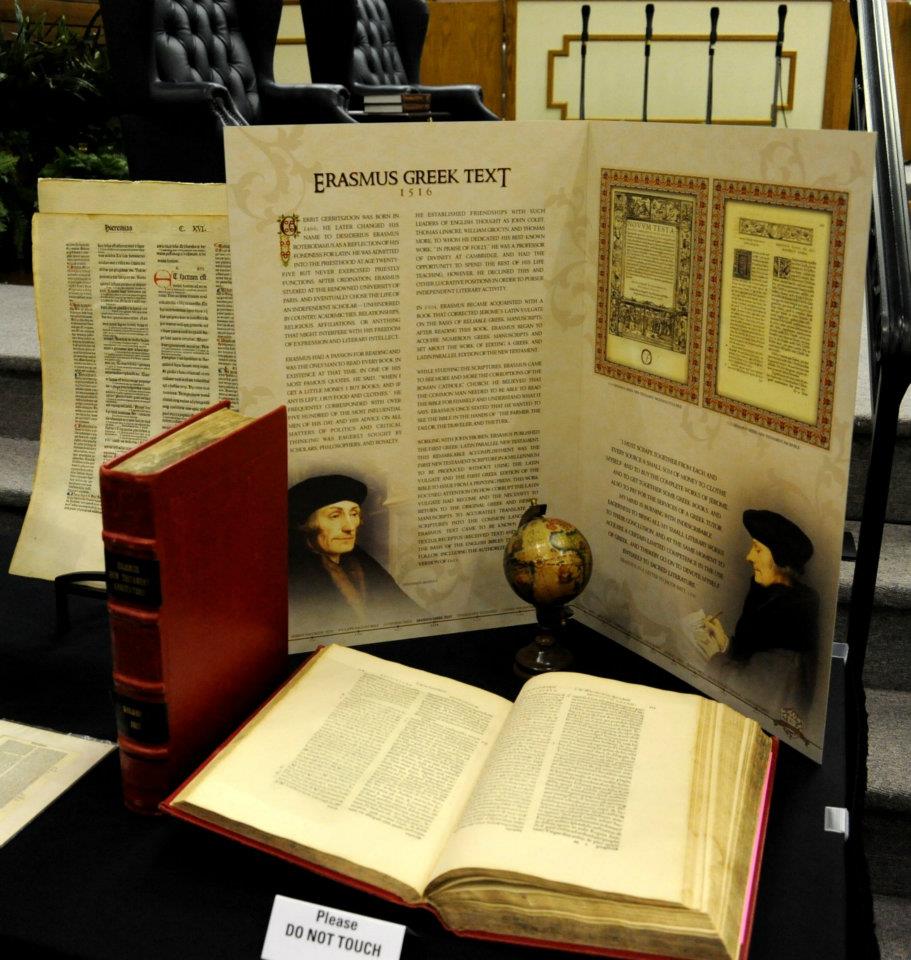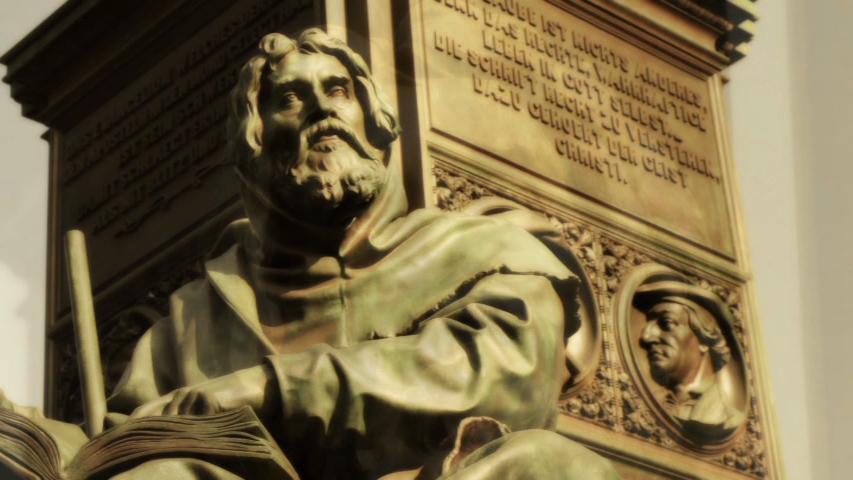|
ALEMANNIC, OR OLD HIGH GERMAN.
"THIS ancient language was
spoken by a people of the Teutonic, or High German race, who at one
period of their history were called the Sucvi, or Suabians,
probably from their having settled near
the Baltic, then known as the Marc Sucvicum, or Suabian Sea. In the
beginning of the third
century they migrated to the borders of the Roman empire, between the Danube,
the Rhine, and the
Main, and they there associated themselves with other Germanic tribes,
forming a confederacy to
which the designation of Alemannic was subsequently applied. The
modern Germans, who are
partly descended from these confederated tribes, are still called Alemanni
(or Allemands) by the
French and
Spanish.
This language appears to have been in use from the sixth to the
eleventh or twelfth century, nor
can it even yet be said to be extinct, for it is still spoken with slight
modifications in the north of
Switzerland, Alsace, the grand duchy of Baden, Wurtemburg, Bavaria, the
Tyrol, and Styria. In
this ancient dialect we can distinctly trace the rudiments of the modern
German; its chief peculiarities
consist in the prevalence of the first vowel a, which is generally
used in cases where the modern
Germans use e; and in the general substitution of the diphthong
au for the German o. It is a corruption
of the Gothic, and called Old High
German. Its next altered state is named Middle High German;
and lastly German, in its present state.
The earliest and most important monument of this
language which has been transmitted to our
times is a Harmony of the Gospels, composed by Otfrid, a
Benedictine monk of Weissenburg in
Alsace, about the year 870. We are told of this Otfrid that "he was profoundly versed in
the know-
ledge of the Holy Scriptures, and extensively acquainted with literature in
general; a philosopher, a
rhetorician, and a famous poet; eloquent in speech, and excellent in
disposition." His Harmony is
written in verse, and is the first German poem in which rhyme is introduced;
all previous poetical
compositions adopting alliteration instead of rhyme. His chief motive
in composing it was, as he
himself tells us, to provide a substitute for the vain and worldly songs
which his countrymen were
in the habit of singing. This work can scarcely be called a
translation, for although it relates the
facts of the Saviour’s life as
recorded by the four evangelists, yet the events are not ranged
in chrono-
logical order, but seem to be related as they occurred to the memory of the
writer. There are three
MSS. of this work extant, preserved at Munich, Heidelberg, and Vienna.
It was first printed at Basle
in 1571, and in Schilter’s Thes. vol. i. with Scherz’s annotations. It
was afterwards published at Bonn
in 1821; and again at Königsberg, in 1831, under the title of
Krist.
The gradual transition of Alemannic into pure High German may be
traced by means of the
Alemannic version of the Psalms, executed by Notker, abbot of St. Gallen, in
Switzerland. He is
said to have undertaken the work for the benefit of the monks under his care,
that they might under-
stand what they read. This Notker is distinguished from others of the
same name by the surname of
Labco, given to him on account of his thick lips. He died in 1022.
Besides the Psalms he translated
the book of Job, but this version is lost. His translation of the
Psalms is in prose, and is much
valued on account of its grammatical accuracy, its eloquence, and its
faithfulness. It was published by
Schilter, in his Thesaurus, at Ulm, 1726.
The Paraphrase of the Canticles, by Willeram, may be here
mentioned. Willeram was abbot of
Ebersberg in Bavaria, and died 1085. Between the years 1070 and 1084
he composed a prose para-
phrase of the Canticles in the Francic (a dialect akin to the
Alemannic), accompanied by a rhythmical
Latin version. This work was
published at Leyden in 1598, edited by P. Merula, and at Worms in
1631, under the editorship of F. Vogelin. It also appeared in
Schilter’s Thesaurus; and was again
published by Hoffman, at Breslau, in 1827." --The Bible of Every Land.
(1860, Second Edition) Samuel Bagster [Info only]
|

